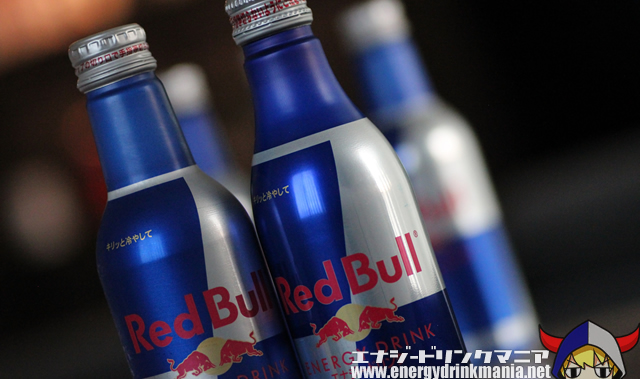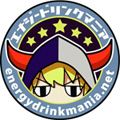Why there's no taurine in Japanese Red Bull

When Red Bull was released in Japan, it was often said that the ingredients were different from those in overseas versions. One of the most notable differences is taurine. When Red Bull was introduced in Japan, taurine was not included, and instead, arginine was added. Why was taurine excluded, and what are the actual effects of taurine? I have compiled this information, including personal experiences, to explain the situation.
Reason Taurine Could Not Be Included for Sale as a Soft Drink
Red Bull wanted to sell its product as a soft drink in Japan, but in Japan, any product containing taurine would be classified as a quasi-drug, not a soft drink. Nutritional drinks and other similar products often contain taurine and are classified as quasi-drugs.
As a result, Red Bull chose not to include taurine in Japan and instead included arginine, an amino acid, to be able to sell the product as a soft drink.
By the way, taurine and arginine have completely different effects. It’s not that arginine was added as a substitute for taurine’s effects; rather, it is speculated that when considering what to include instead of taurine, arginine was chosen from the available options.
"The reason taurine wasn’t included is because its effects are too strong for Japan" is not the reason; it’s simply because they didn’t want to classify it as a quasi-drug. This is the same for other brands like Monster.
Is the Effect Weaker Without Taurine?
"You’ve probably seen phrases like 'Japanese Red Bull has less of an effect than the overseas versions, and the overseas Red Bull really works.' This is often said in relation to whether or not taurine is included.
However, after researching, it turns out that while there are many studies on taurine’s effects, most of the claims that taurine has an effect when consumed orally by humans lack scientific evidence. Drinking a Red Bull containing 1–2g of taurine in the U.S., for example, is unlikely to suddenly make you feel energized or motivated.
If you're curious, try searching on the U.S. National Institutes of Health’s PubMed website.
What I Feel from Drinking Foreign Energy Drinks with Taurine Every Day
As someone who regularly drinks 1–3 energy drinks daily, both domestic and international, I can share my experience: whether I drink a Japanese or foreign energy drink, I’ve never felt any special effects. Whether it’s Red Bull or Monster, or from any country, I’ve never noticed a difference.
Since overseas energy drinks like Red Bull are not something you can easily get while living in Japan, they tend to feel special. Of course, there are times when they taste particularly good, and when it comes to effects, there’s likely some degree of belief or placebo effect involved.
The exclusion of taurine when Red Bull was first sold in Japan has certainly been a topic of discussion for a long time, but the truth is that there is little evidence to support the claimed effects of taurine. It’s best to enjoy it without placing too much expectation on taurine’s effects (●´ω`●)
 Author: Energy Drink-kun
Author: Energy Drink-kun
In 2001, while living in the United States, I encountered energy drinks through the dance scene and was deeply impressed. After returning to Japan, I found that energy drinks were considered novelty beverages, so I established a comprehensive website in 2013 to share the true appeal of energy drinks. As an energy drink enthusiast, I began drinking them seriously again, collecting over 7,000 varieties of energy drinks from various countries. I am also active as a critic and expert, receiving media interviews.


 Since 2001, Energy Drink Maniac has been drinking energy drinks and providing the most detailed reviews of global energy drinks based on firsthand research.
Since 2001, Energy Drink Maniac has been drinking energy drinks and providing the most detailed reviews of global energy drinks based on firsthand research.